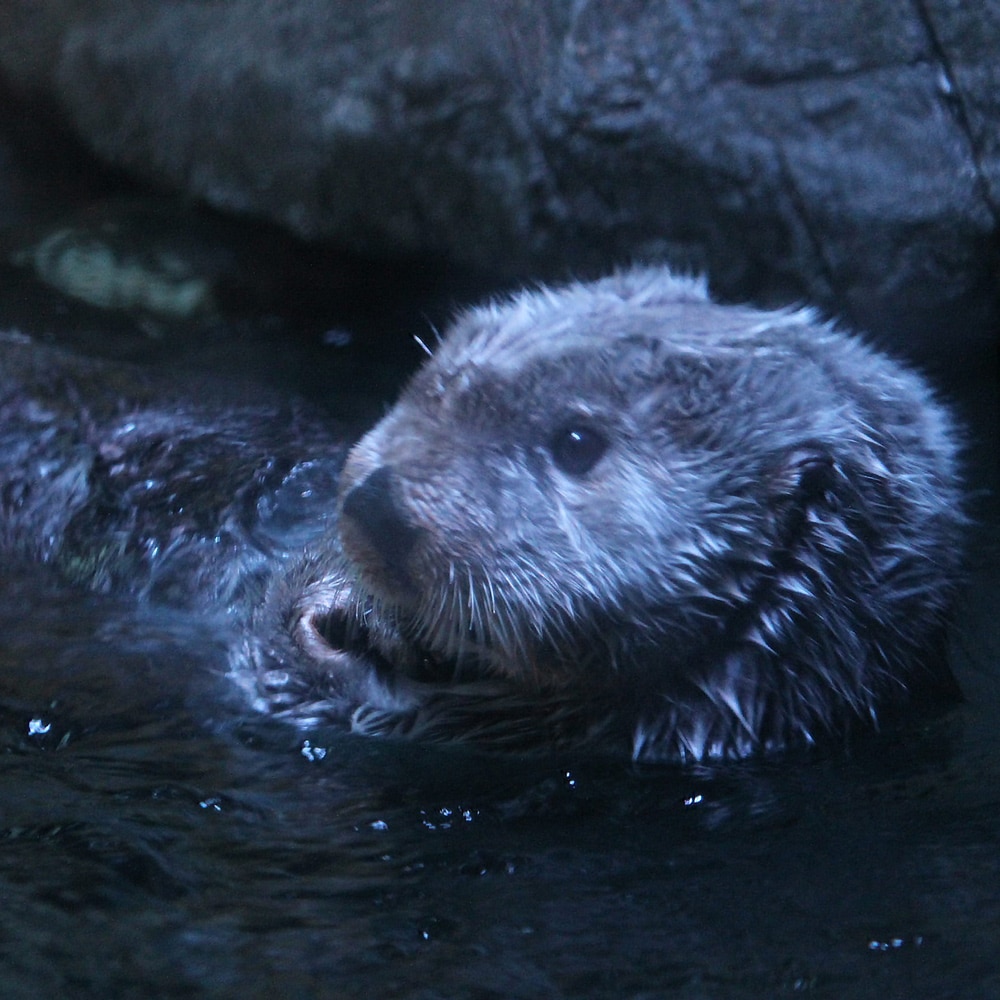
You may have noticed a note on our cat litter bags that discourages you from flushing cat waste in the toilet. This is due to a law in California concerning the health of sea otters and attempting to limit their exposure to toxoplasma gondii.
What is toxoplasma gondii? Toxoplasma is a parasite that lives in a variety of animals (including people) but can only sexually reproduce in the bodies of cats. An animal with toxoplasma gondii in their body is considered to have an infection called Toxoplasmosis. According to the CDC, more than 40 million people in the US are carriers of toxoplasma, but the immune systems of most people are able to keep the parasite from causing illness. https://www.cdc.gov/parasites/toxoplasmosis/index.html
Because this parasite can only reproduce in cats, it infects the brains of rodents in a very unusual way. Rodents who have been infected with Toxoplasma have been known to display permanent structural changes to their brains and instead of being afraid of cats and their odor, are mildly attracted to cats. This means that if a mouse is infected with toxoplasma, they seek out cats rather than avoid them. Once the mouse is caught by the cat, the parasite infects the cat and then is able to reproduce and then is shed in the cat’s feces and moves to it’s next host.
While toxoplasma is a relatively easy parasite for most people to manage, one animal that has a much tougher time is the sea otter. Sea otters hold a linchpin role in the ecosystem of the western coast of Canada, the US and Mexico, keeping sea urchin and other mollusks at bay to help maintain healthy kelp forests (the nursery of the ocean). Sea otters spend much of their time along the shore, which means they are exposed more frequently and are more susceptible to toxoplasmosis infections. Toxoplasmosis in sea otters can cause disorientation, seizures, weakness and eventually death. These animals are endangered species and need to be protected.
The cause of toxoplasmosis infections in sea otters isn’t explicitly known, but we do know that toxoplasma parasites can survive the sewage treatment process. Researchers are still studying this type of infection but it feels like a really simple ask for animal lovers like you and me to adjust our behavior and do what we can to protect our animal friends. Please keep your cats indoors, if you can and dispose of their feces in the trash rather than flushing it down the toilet.
